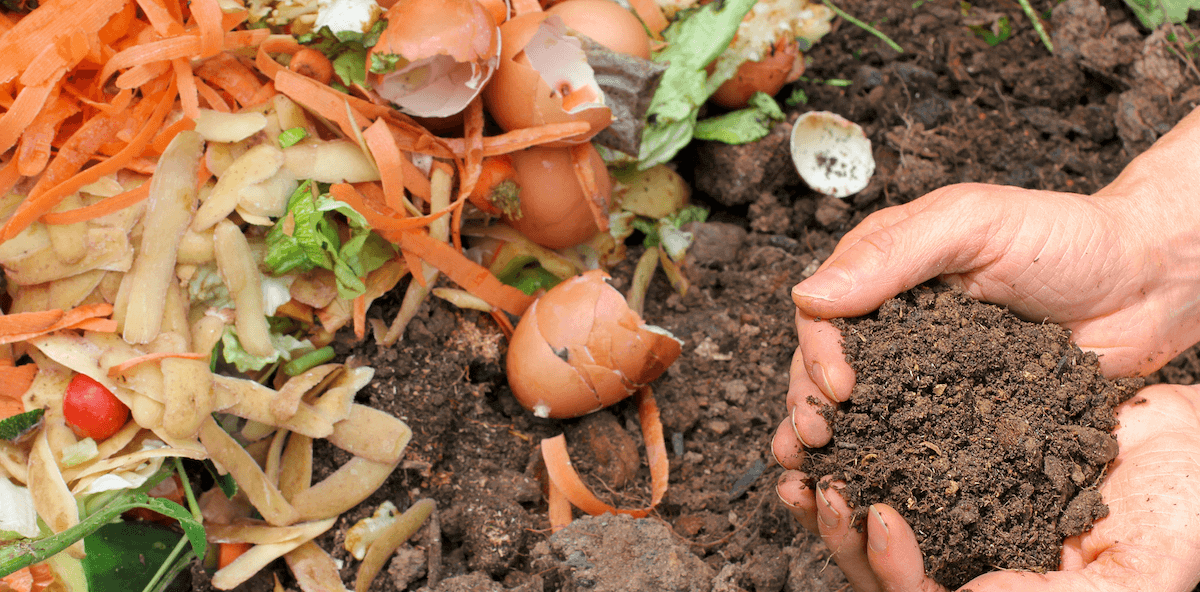Planning for the 2023 Earth Day Indiana Festival is under way! Mark your calendars for our new date and new location: June 3rd, 2023 at Garfield Park on Indianapolis’ near-south side.
The Earth Day Indiana Festival is an annual event in Indianapolis which seeks to celebrate and educate the public on all things surrounding environmental protection, conservation of natural resources and sustainable living.
For more than 30 years we have welcomed central Indiana families to learn and be inspired to do their part for environmental responsibility. This year’s festival is no exception!
Earth Day, Every Day
Why the change in date from our long history of Earth Day Indiana Festival occurring in mid-April, around Earth Day?
If we know one thing about Indiana weather, it’s that it’s unpredictable! Our rain-or-shine festival has seen its share of inclement weather in April. By moving to the early June date we can all but ensure a beautiful, balmy day.
And besides … shouldn’t we celebrate Earth Day every day? Our festival seeks to promote recycling, protect natural resources and encourage everyday practices that are good for the earth … 24/7/365.
World Environment Day
There is no coincidence in our plans for the 2023 Earth Day Indiana Festival to occur on World Environment Day!
World Environment Day was initiated in 1974 by the United Nations, and has a different “host” country and theme, each year. This year’s theme is “biodiversity” and the host country is Columbia.
EarthDay.org recognized the Earth Day Indiana Festival as one of the most successful single-day events of its kind in the state. We’re certain to do our part not only for Hoosiers, but Midwesterners and beyond, as our festival draws attendees from all over!
Make plans now to attend Earth Day Indiana Festival on June 5th at Garfield Park in Indianapolis. Volunteers are welcome, as are exhibitors. Stay tuned to our Facebook page and event page as we share our lineup of the day’s festivities!







